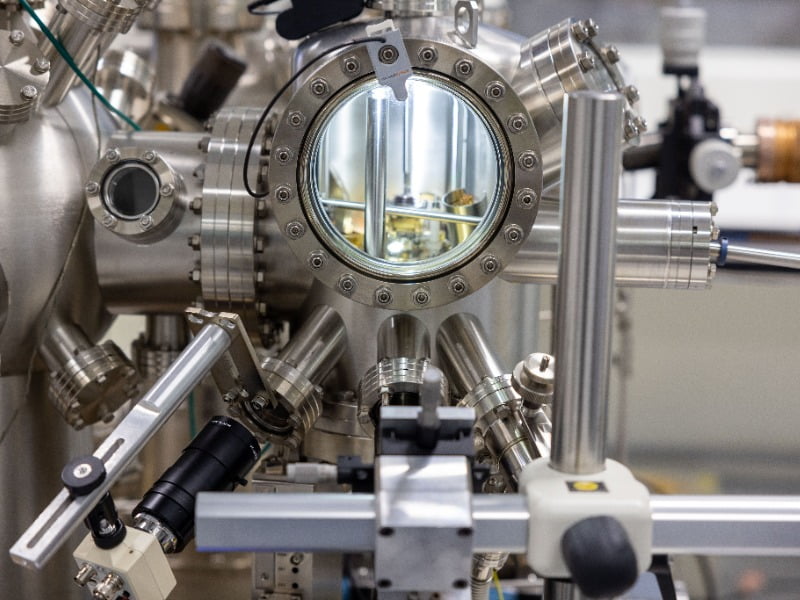Federal Industry minister Ed Husic has dampened expectations of a big pool of new money being attached to the looming National Quantum Strategy, saying the government is taking a longer view of the emerging sector’s needs.
It had taken years of patient investment to position Australia to be a recognised leader in quantum technologies, and the National Quantum Strategy – which will be unveiled in weeks – would outline a methodical plan for the commercial development of the sector.
If quantum researchers and industry watchers had been expecting the government to match the UK government’s $4.5 billion commitment to its quantum strategy last week, they are likely to be disappointed.
Mr Husic said resources through the $15 billion National Reconstruction Fund – and its $1 billion critical technologies sub-fund – would play an important role in the development of the quantum industry in Australia, as would the AUKUS strategic defence arrangements which identified quantum as a priority technology.

He said the world was on “the brink of a quantum revolution” and that the focus for government was to ensure that after “years of patient investment, now is the time to put the conditions in place to commercialise quantum technologies here”.
“When we release [the strategy], I’m going to do something different,” he said. “I think we’re all tired of glitzy reports with big price tags [attached] that manage to get a bit of coverage – or a lot of coverage – and then don’t seem to deliver.”
“What I have asked of the quantum strategy is give us the longer-term vision and thought about what needs to be done.”
The NRF dollars would help to ensure that those Australian companies that have developed significant capability in this country “don’t feel that they have to go offshore in order to chase capital”.
Similarly, the National Quantum Strategy would look at ways to leverage existing skills built in Australia over a long period, and to continue to build on those quantum skills.
“We build the skills so that – again – [quantum companies] don’t have to go offshore… and that we can grow a sector that will have profound economic impact in the longer term in both the civil and Defence sectors,” Mr Husic said.
Quantum technologies were poised to change industries across the economy, and in relation to the mining sector and environmental management, quantum sensors were already having a significant impact.
The next big thing would be in not just harnessing the power of quantum computing and all the strategic advantage that comes with it, but also in capturing the commercial upside of potentially building a quantum manufacturing sector.
Mr Husic said the work that Silicon Quantum Computing was doing in developing methodologies for manufacturing chips at the sub-atomic scale held great promise.
“This is profoundly important for the longer term, in terms of what that will be able to do when paired-up with AI, and having that raw processing power to answer some of the toughest questions we haven’t been able to do using classical computer [up until] now,” he said.
Do you know more? Contact James Riley via Email.

